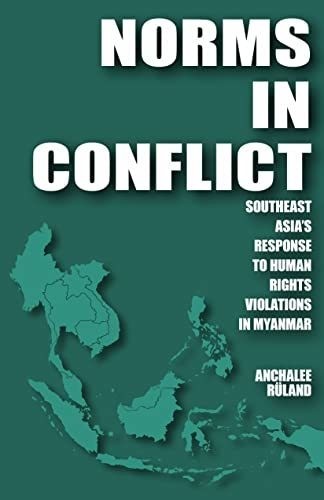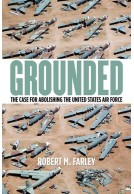Norms in Conflict (Hardback)
Southeast Asia's Response to Human Rights Violations in Myanmar
Imprint: University Press of Kentucky
Pages: 256
Illustrations: 2 tables
ISBN: 9780813183701
Published: 14th June 2022
Script Academic & Professional
Pages: 256
Illustrations: 2 tables
ISBN: 9780813183701
Published: 14th June 2022
Script Academic & Professional
You'll be £40.00 closer to your next £10.00 credit when you purchase Norms in Conflict. What's this?
+£4.99 UK Delivery or free UK delivery if order is over £40
(click here for international delivery rates)
Order within the next 11 hours, 20 minutes to get your order processed the next working day!
Need a currency converter? Check XE.com for live rates
(click here for international delivery rates)
Order within the next 11 hours, 20 minutes to get your order processed the next working day!
Need a currency converter? Check XE.com for live rates
Myanmar was struck by three major human rights disasters during their period of democratization from 2003-2012: the 2007 Saffron Revolution, Cyclone Nargis in 2008, and the 2012 Rakhine State Riots. These events saw Myanmar categorically labeled as an offender of human rights, and major Southeast Asia member states (such as Indonesia, Thailand, and Malaysia) responded to these large-scale violations in very different ways. The context-specific policies regarding foreign relations and the protection of human rights are shaped by norm conflicts - situations in which the prescriptions associated with two norms clash, making it seemingly impossible for a state to conform to both norms at the same time - and the domestic priorities of countries attempting to intervene.
In Norms in Conflict: An Analysis of State Responses to Norm Conflict in Southeast Asia, Anchalee Rüland makes sense of state action when a governing body is faced with a circumstance that is at once in line with and contrary to its own governing policies. She defines five different types of response strategies to situations of norm conflict and examines how they affect international interference regarding human rights violations. Previous domestic norms are believed to be replaceable as new norms form, yet Rüland argues old and new norms can coexist in ever-changing political context. This illuminating work challenges these conventional beliefs, advancing constructivist theory and establishing a new conversation in international relations literature.
Other titles in University Press of Kentucky...















